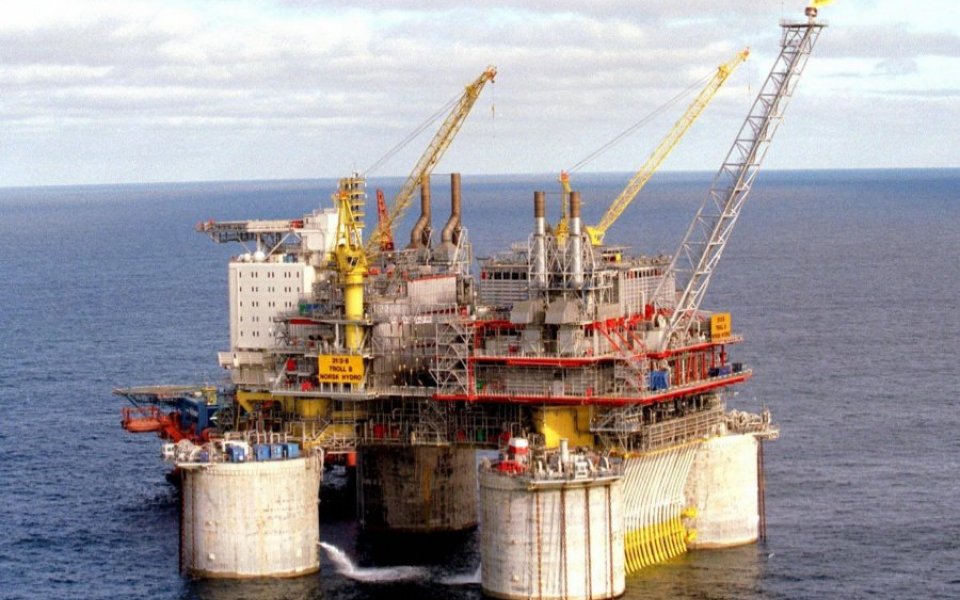This is one oil and gas market that’s booming despite the low brent crude price

23 oil and gas projects are set to go offline in the Norwegian North Sea between now and 2024, creating NOK 160bn (£12.5bn) of opportunities, according to research from Oil & Gas UK.
Decommissioning represents “a significant emerging business in the sector,” the industry body's study said, at a time when the oil and gas industry is struggling to maintain profitability due to extremely low prices.
Read more: Saudi Arabia agrees to freeze oil output
Read more: Saudi-Russian pledge to freeze oil production may be smoke and mirrors
Oonagh Werngren, Oil & Gas UK’s operations director, said: “While the Norwegian oil and gas industry is less mature than the UK sector and decommissioning activity is in its infancy, the report shows there are 12 concrete facilities, 19 floating steel facilities, 88 steel facilities and nearly 350 subsea systems in place, most of which will eventually require decommissioning.
“An estimated 3,000 wells will also need to be plugged and abandoned.”
The estimates would make the area the second largest decommissioning market in the North Sea after the UK Continental Shelf.
“While decommissioning activities are steadily growing, the industry’s efforts are focused on maintaining offshore production in the North Sea for as long as it’s safe and economically possible to do,” said Werngren.
“To sustain the health of the sector, we must help an efficient decommissioning market emerge as part of, and alongside, the industry’s continued and sustained programme of capital investment in new developments.”
Oil is more expensive to produce from more mature fields, as the most accessible oil has already been extracted. This means that explorers have to drill further or use more sophisticated technology to reach the rest of the oil.
Read more: UK oil and gas jobs set to be slashed
As a result, the price decline over the past 18 months has hit the North Sea particularly hard.
Here in the UK, the government is facing potential tax revenue losses of around £4bn as a result. It is thought that it spends around £750m a year on subsidising the sector.